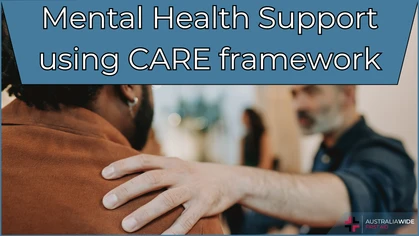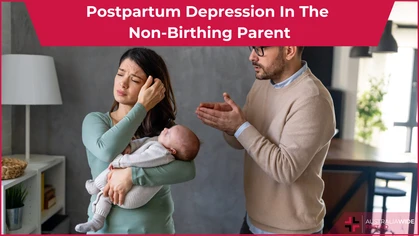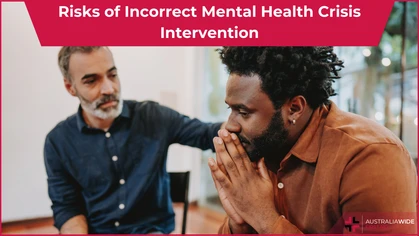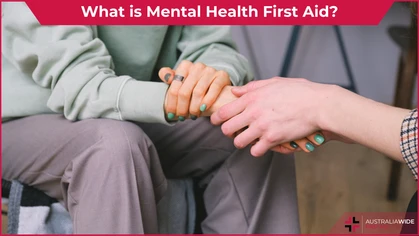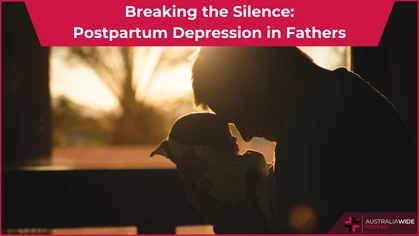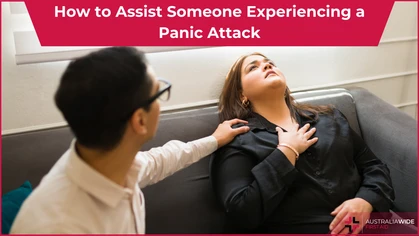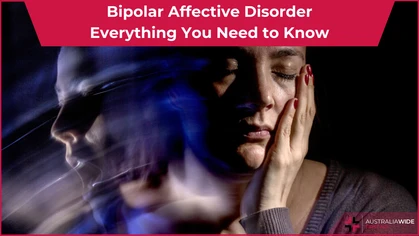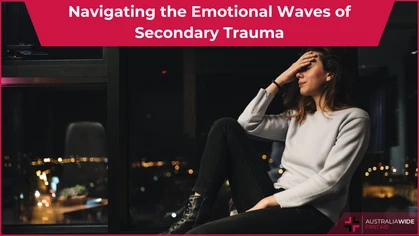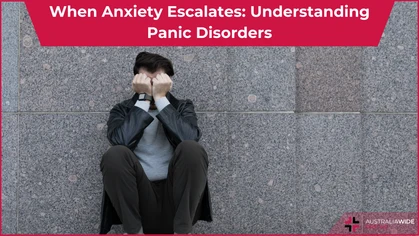Mental Health: A Growing Threat to Our Young People

Mental Health
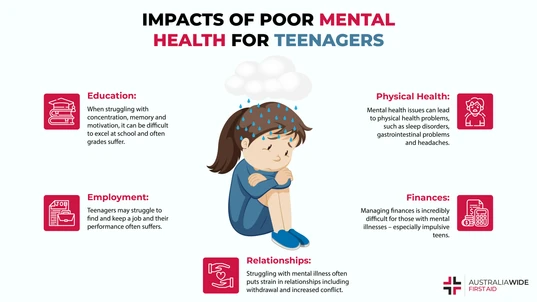
Mental health issues are rife among young people, including depression, anxiety, and eating disorders. It is important for young people to know how to stave off mental illness, as it can drastically impact their studies and relationships.
Mental health is a growing threat to our young people. Mental health issues can range from mild to severe, and can include depression, anxiety, eating disorders, self-harm and suicide. Mental health problems are often triggered by stressful life events such as bullying, exam stress, relationship problems or the death of a loved one.Mental health issues in teens
Mental health issues in teens are becoming more and more common, with one in four young people experiencing a mental health problem each year. Mental health problems can have a significant impact on a young person’s life, affecting their education, employment prospects and personal relationships. Some common mental health issues in teenagers include:Depression
Feeling sad or low most of the time, loss of interest in hobbies and activities, feeling hopeless and helpless, irritability, anger or frustration.Anxiety
Feeling scared, nervous or tense all the time, feeling like you’re in danger even when there is no real threat, feeling on edge or like you can’t relax.Eating disorders
Unhealthy attitudes and behaviours towards food and body image, extreme dieting or binge eating followed by purging (vomiting), using laxatives or diuretics to lose weight, obsessively counting calories.Low self-esteem
Feeling not good enough or like you don’t measure up, feeling inferior to others, avoiding social situations or activities you enjoy.Low sense of identity
Not sure who you are or what you stand for, feeling lost or like you don’t belong.Peer pressure
Feeling like you have to conform to what your friends or peers are doing, even if you don’t want to.Body dysmorphia
Obsessively thinking about and criticising your appearance, feeling like you’re never good enough or that you don’t look “normal”.Self-harm
Deliberately harming yourself as a way of dealing with difficult emotions. This can include cutting, burning, scratching or hitting yourself.Suicide
Feeling so overwhelmed by negative emotions that you see no other way out than to end your life. If you are worried about a young person in your life, it is important to talk to them about how they are feeling and encourage them to seek help from a GP or mental health professional. There are also many support organisations which can provide help and advice, such as Headspace, Beyond Blue and Lifeline.Reasons Why Mental Health Issues Develop In Teens
Mental health issues can develop for a variety of reasons. Often, it is a combination of genetic, biological, psychological and environmental factors that play a role.- Biological factors: Mental health problems can run in families, so if someone in your family has a mental illness, you may be more likely to develop one yourself. Mental health issues can also be caused by changes in brain chemistry or hormones.
- Psychological factors: Difficult life events such as bullying, the death of a loved one or relationship problems can trigger mental health problems. If you have low self-esteem or poor coping skills, you may also be more likely to develop a mental illness.
- Environmental factors: Stressful living conditions, such as poverty or violence, can increase your risk of developing a mental illness. If you have experienced trauma, such as abuse or neglect, this can also lead to mental health problems.
Impact of Mental Health Issues for Teens
Mental health problems can have a significant impact on every aspect of a young person’s life.- Education: Mental health problems can affect concentration, memory and motivation, making it difficult to succeed at school or college. Mental illness can also lead to absenteeism, as well as suspension or expulsion from educational institutions.
- Employment: Mental health issues can make it difficult to find or keep a job. Mental illness may also lead to poor performance at work, as well as absenteeism.
- Relationships: Mental health problems can make it hard to maintain healthy personal relationships. Mental illness may cause arguments and conflict, as well as social isolation and loneliness.
- Physical health: Mental health issues can lead to physical health problems, such as sleep disorders, gastrointestinal problems and headaches. Mental illness may also make it difficult to manage chronic physical health conditions.
- Finances: Mental health problems can lead to financial difficulties, as well as debt and poverty. Mental illness may make it hard to work or study, which can impact on a person’s ability to earn an income.
Building Mental Strength
There are many things you can do to build mental strength and resilience, even if you’re feeling down. Some helpful coping strategies include:- Talk to someone you trust about how you’re feeling: Talking openly about your feelings can help you to feel better and may prevent your mental health from getting worse.
- Find healthy ways to cope with stress: Stress can trigger or worsen mental health problems, so it’s important to find healthy ways to manage stress. Exercise, relaxation techniques and time management skills can all help to reduce stress levels.
- Challenge negative thinking: If you’re struggling with negative thoughts, try to challenge them. Are they really true? Are they helpful? What evidence do you have to support them?
- Focus on the positive: Make an effort to focus on the good things in your life, however small they may be. This can help to boost your mood and give you a more positive outlook.
- Build social connections: Social support is vital for mental health, so spend time with family and friends, join a club or volunteer group, or reach out to someone you trust if you’re feeling lonely.
- Be accepting of yourself: Accepting yourself for who you are is an important part of Mental Health. When we are able to accept ourselves, we are more likely to feel good about ourselves.
- Headspace: https://headspace.org.au/
- Beyond Blue: https://www.beyondblue.org.au/
- Lifeline: https://www.lifeline.org.au/
- Kids Helpline: https://kidshelpline.com.au/
- Mental Health First Aid: https://mhfa.com.au/
Mental Health Support
Education really is the key to a society that honours mental health. Without proper education, misconceptions and stigmas can impact how mental health is viewed, and stop people from getting the help they need. Mental health is just as integral to your wellbeing as physical health. Knowing how to recognise the signs and symptoms of mental ill-health early can ensure that people get timely help. This intervention can prevent mental health crises, which can be life-threatening events. Completing a Mental Health Support Course gives you the knowledge and tools to recognise when someone is struggling or in a crisis, and how to help.Additional Resources
For more information on how to develop mental fitness in young people, head to our Resource Library. You will also find tips and tricks for building mental fitness in children, and for rebuilding mental fitness after the COVID-19 pandemic. We also offer a fully-online Mental Health Support course to give you the knowledge and tools you need to be able to assist someone who is experiencing poor mental health or is in a crisis. Completed from the comfort of your own home, earn your Certificate of Completion to give to your employer, put on your resume, or simply move forward with the knowledge that you can lend actual help to those who may need it.
Originally published at
https://www.australiawidefirstaid.com.au/resources/mental-health-issues-in-young-people
as part of the Australia Wide First Aid Articles Library

